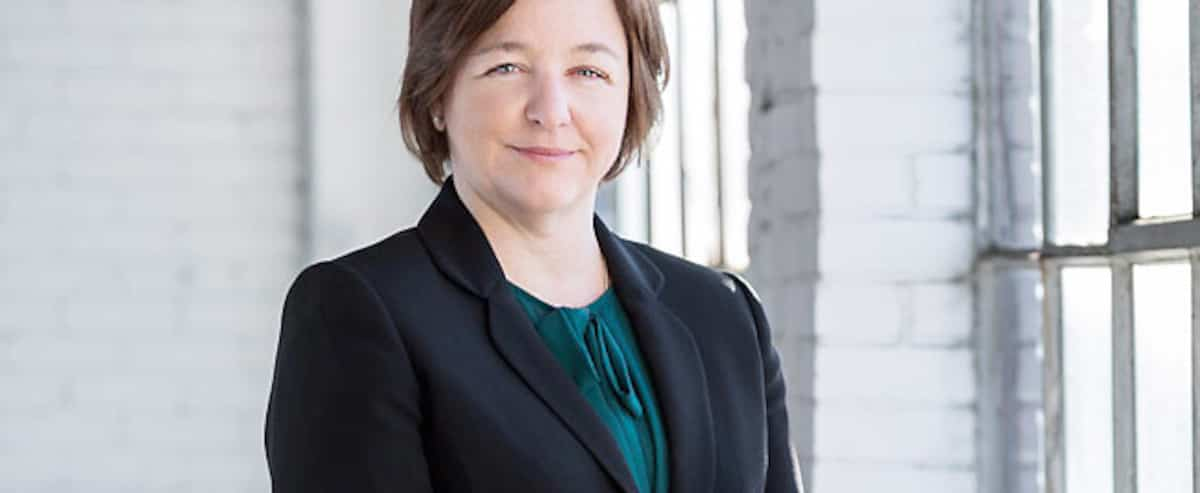Telework, remote recruitment, meeting on Zoom … The pandemic has changed the world of work, to say the least.
Faced with something never seen before, companies have had to adapt their management practices. What will remain of the new ways of working put in place? What are the lessons learned during the first wave that will be used for the future?
These are the questions that the Order of CRHA (approved human resources advisers) wanted to answer by carrying out a vast consultation exercise with various players in the world of work: recruiters, employers and experts.
“We wanted to know which practices should continue and which ones require more attention,” explains Manon Poirier, Executive Director of the Ordre des CRHA. We were thus able to establish courses of action to help organizations cope with the transformation of work. ”
Even after confinement, is tele-working likely to continue for good?
Share the power
One of the first observations concerns the role of the manager. Micromanagement is over for good. To rally his troops, the boss must demonstrate confidence, promote autonomy and accountability.
“The pandemic has reinforced the importance of knowing how to delegate and lower decision-making power to the team,” explains Ms. Poirier. Managers who were able to do this were successful during the health crisis in maintaining loyalty and contact with employees. “
To be promoted to a management position, it will take more than technical skills.
“Organizations will have to be prepared to sacrifice expertise for the benefit of human skills that will be more important than ever,” she adds.
Communicate differently
Knowing how to listen and communicate well become essential assets for managers, especially when the team works remotely.
“Telecommuting is here to stay. Companies will have to offer it to remain attractive. However, we have to reinvent the way of communicating between bosses and employees, ”explains Dominic Lévesque, group president at Randstad Canada.
“In teleworking, we lose direct contact with colleagues. There remains the email or the cat, but the response is not so instant. You have to live with the expectation, which sometimes forces you to review your priorities, ”he adds.
Remote work poses another big challenge: how to preserve the culture of the company in these new conditions?
“The conversations around the coffee machine seem futile, but that’s what holds an organization together,” says Poirier. Culture is more easily maintained when employees develop bonds. We must therefore find ways to connect people by providing, for example, virtual 5 to 7. It’s about sending the message that it’s important to talk about something other than work. ”
Psychological health more at risk
With the pandemic, the psychological health of the troops is becoming a major concern.
“The crisis has added a layer of difficulty to an already glaring situation,” says Manon Poirier. If companies can properly identify the risks associated with physical health, they must be prepared to identify those that come with the workload, the management approach and the clarity of tasks. »All elements that undermine employee motivation and morale.
“Organizations need to step up the pace of communications and have more transparent conversations on personal spheres, respecting what people want to share,” advises Poirier. These are practices to be maintained, pandemic or not. ”
 Canada Live NEWS – 24/7 Breaking Headlines & Updates Canada Live News is one of the largest news curating sites across Canada which is made exclusively for Canadian people.
Canada Live NEWS – 24/7 Breaking Headlines & Updates Canada Live News is one of the largest news curating sites across Canada which is made exclusively for Canadian people.
